I find comfort in the proof that I will die and I am not alone in this fact, that it is something that all people do. A grave is proof that a person lived. They got from Point A (birth) to Point B (death) which is really the point of all of this. You simply have to get from Point A to Point B. Except there is what Alice Anne in my play, Highland Center, says. Alice Anne is dead. But she talks and acts as alive as you or me. Why not? People are alive in our memories, and who knows what time and space are really like. If they are in my head, they are alive, and so is Alice Anne. Because she is dead, she knows a little bit about life and death. She tells her son, Hank:
Not when I’m with you. I never understood why misery loves company, Hank. Why do people say, well, I suffered so you have to suffer too? I walked two miles in the snow so you should too? Shouldn’t it be, if you suffered you don’t want anyone else to go through what you went through? Shouldn’t it be that we should want to stop suffering in the world, not preserve it? Hank, take care of Henry. Do your best, and don’t quit. Don’t run out on him. Hank, we all end up in the same place, the only difference is how we get there. A pine box, Hank. There. (Pointing to her headstone.) We all end up there.
And, importantly, when I see the name of someone whose work I greatly admire, seeing their name on a tombstone offers me even greater proof that they were once alive and that everything I've heard or seen or learned about them is true, even more proof than their work itself.
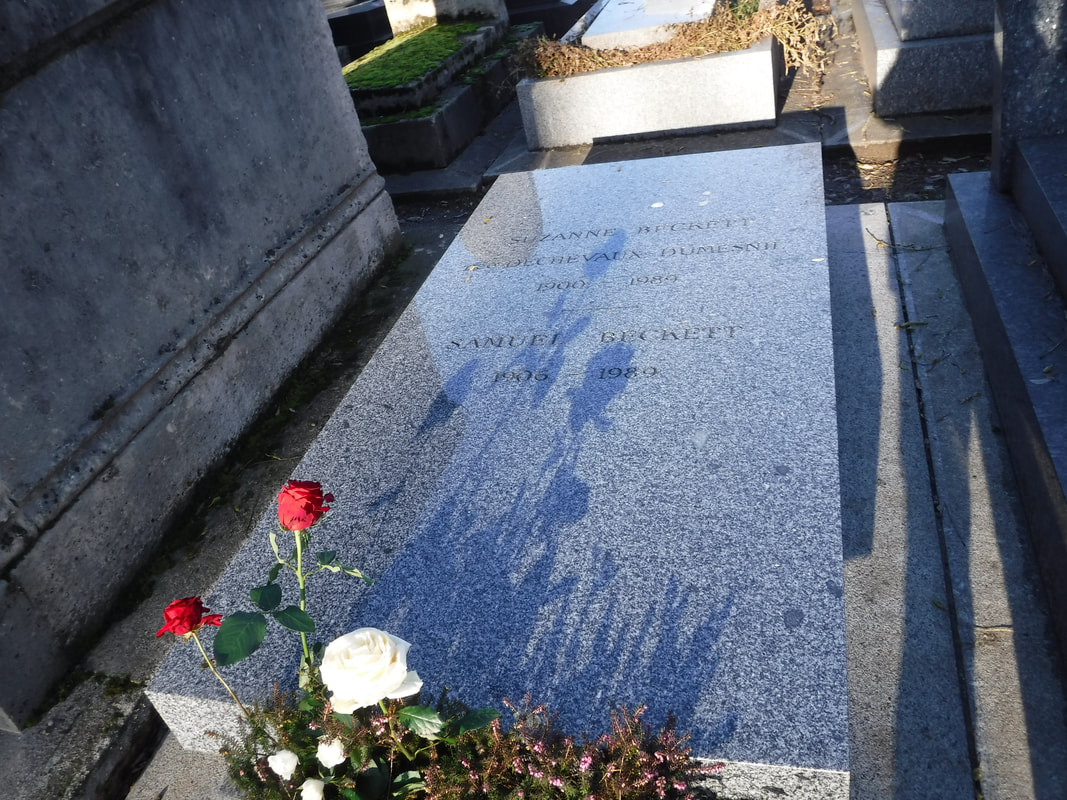
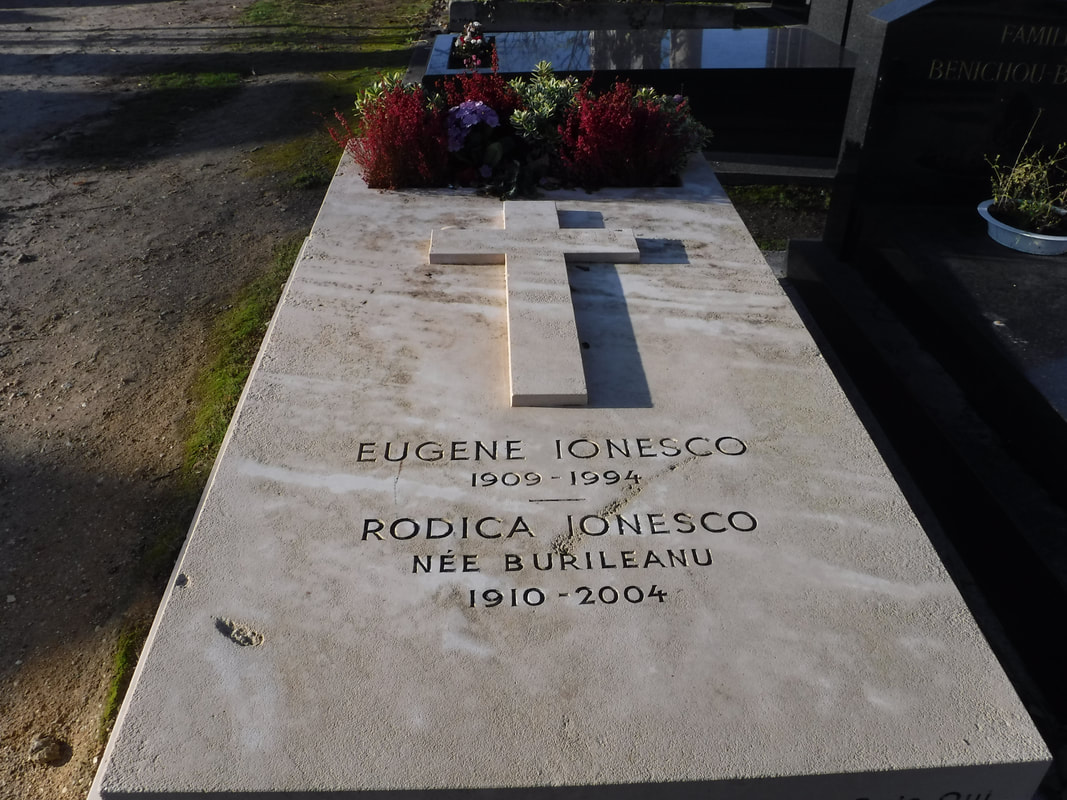
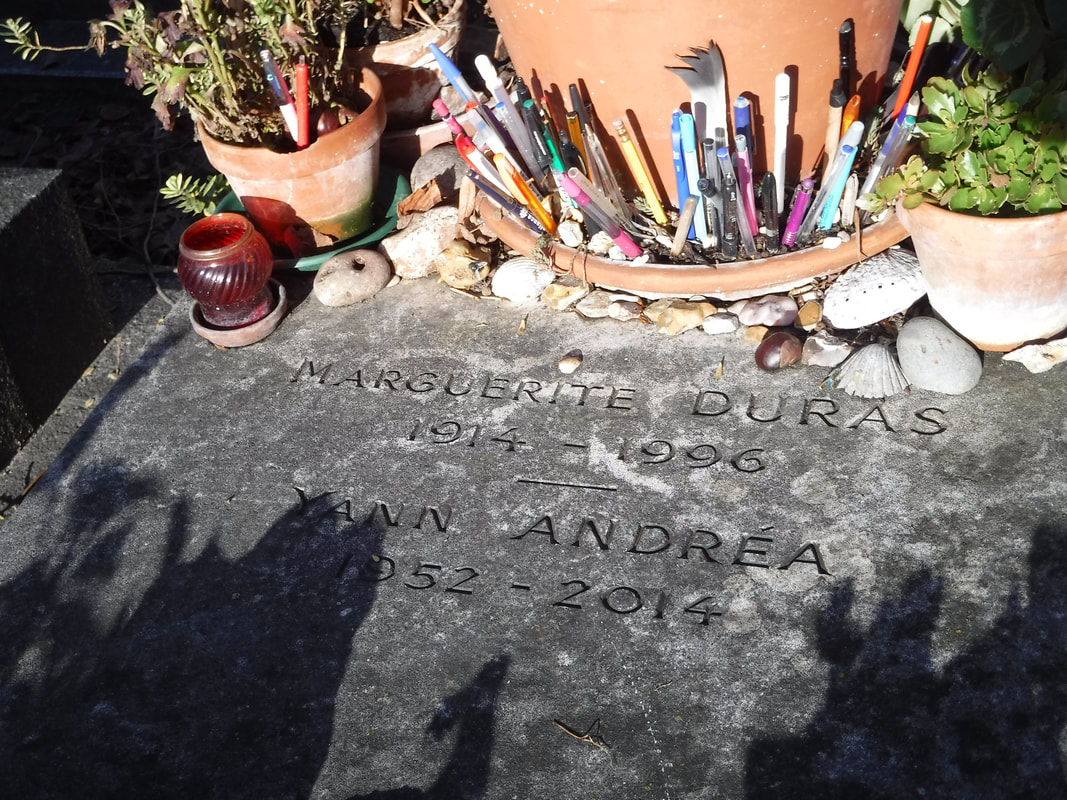
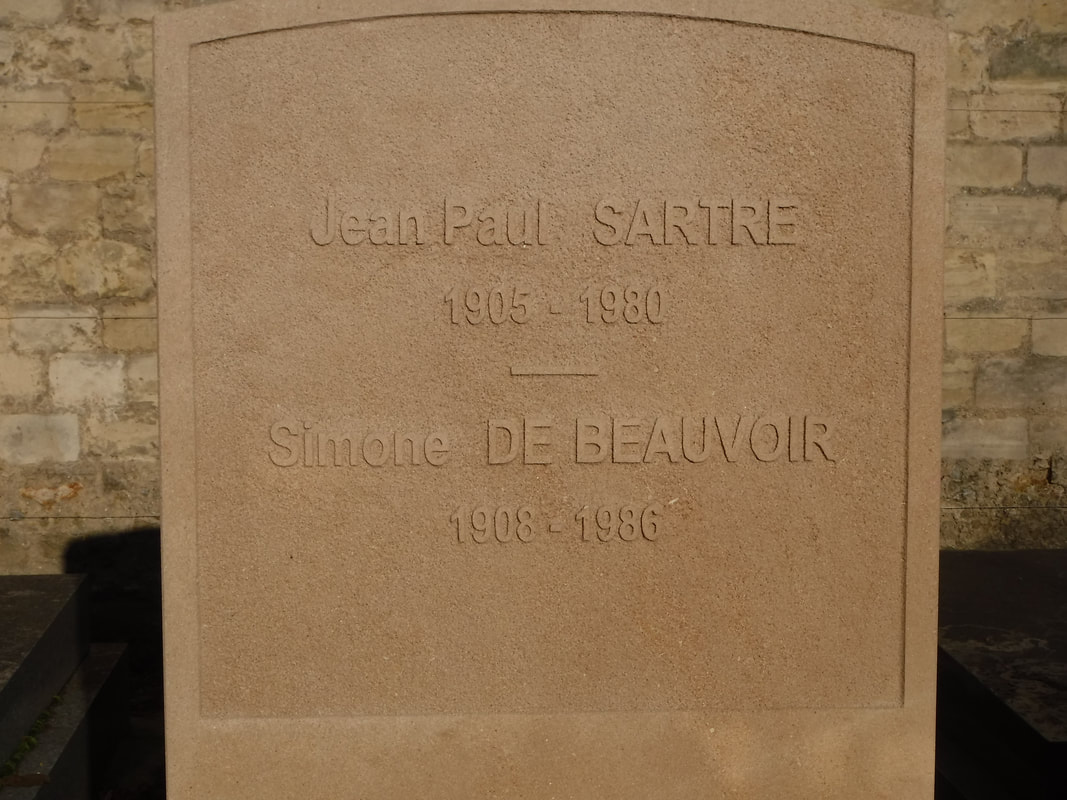
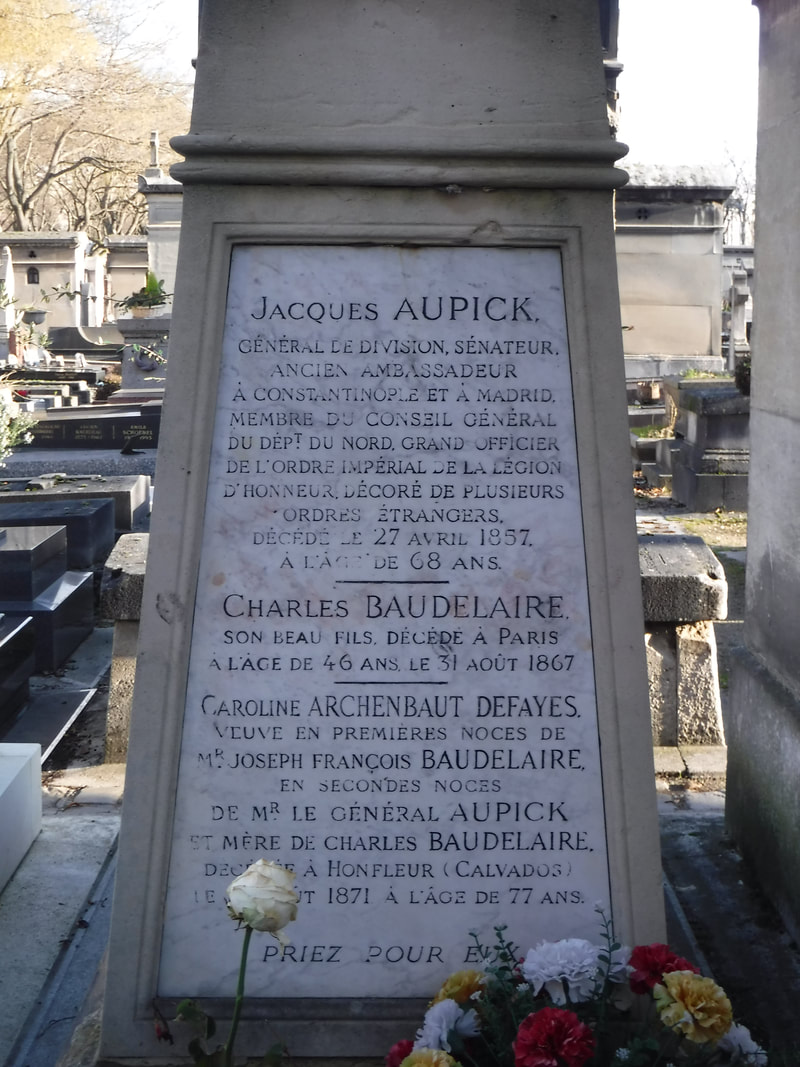
 RSS Feed
RSS Feed
